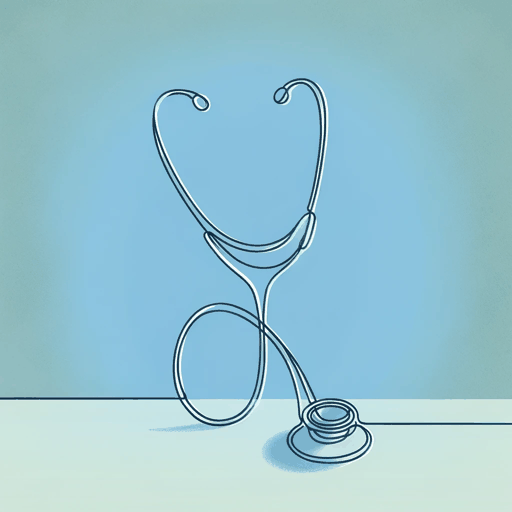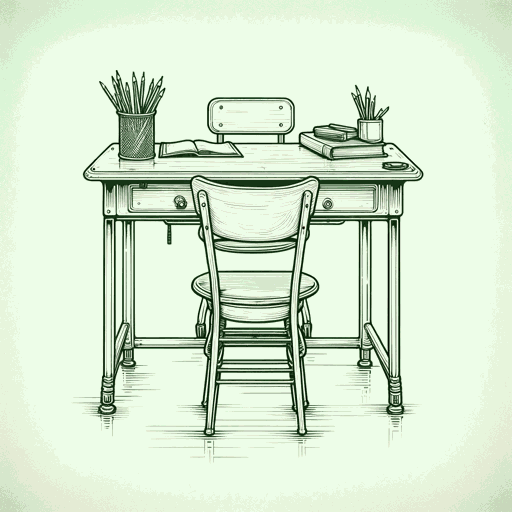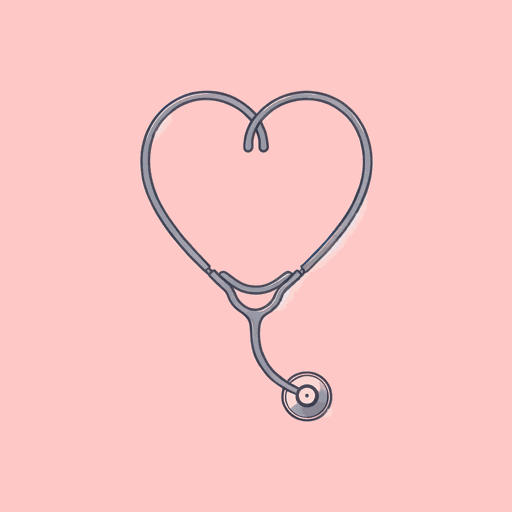48 pages • 1 hour read
Tracy KidderRough Sleepers: Dr. Jim O'Connell’s Urgent Mission to Bring Healing to Homeless People
Nonfiction | Biography | Adult | Published in 2023A modern alternative to SparkNotes and CliffsNotes, SuperSummary offers high-quality Study Guides with detailed chapter summaries and analysis of major themes, characters, and more.
Important Quotes
“I’m an old lady. I have no place to go. Don’t you think if I had some place to go, I wouldn’t be here?”
(Part 1, Page 16)
This quote ends the first part of Kidder’s book. It depicts the complexity of houselessness and the regulations that try and police, or support, unhoused people, who are often in situations outside of their control. Kidder explores the complexities of houselessness through Dr. Jim and the Health Care for the Homeless Program; oftentimes, circumstances and solutions aren’t at all straightforward.
“You didn’t have to believe God sent you. You were on hand just because a man fell off his motorcycle and got a compound fracture.”
(Part 2, Chapter 1, Page 20)
Jim describes the moment he decides to become a doctor. He implies the difference between being present to support people who are ill or injured and assuming responsibility for curing or changing the totality of their circumstances. Kidder consistently cites moments where Jim must be reminded that he is not God and can therefore not take on the responsibilities better left to powers greater than him.
“It was one thing to treat the excluded and despised inside the great hospital, another to imagine treating them in dreary clinics elsewhere.”
(Part 2, Chapter 1, Page 23)
This quote demonstrates how class systems impact both patients and the medical profession. Kidder analyzes the necessity of overcoming class distinctions to better treat people and the stigma that makes treating unhoused people less desirable than treating “typical” patients. Internal and external biases inform the quality of care that patients receive at hospitals, as Kidder shows throughout the narrative.
Related Titles
By Tracy Kidder
Featured Collections
Class
View Collection
Class
View Collection
Common Reads: Freshman Year Reading
View Collection
Community
View Collection
Contemporary Books on Social Justice
View Collection
Friendship
View Collection
Health & Medicine
View Collection
New York Times Best Sellers
View Collection
Politics & Government
View Collection
Poverty & Homelessness
View Collection
Sociology
View Collection
Teams & Gangs
View Collection






